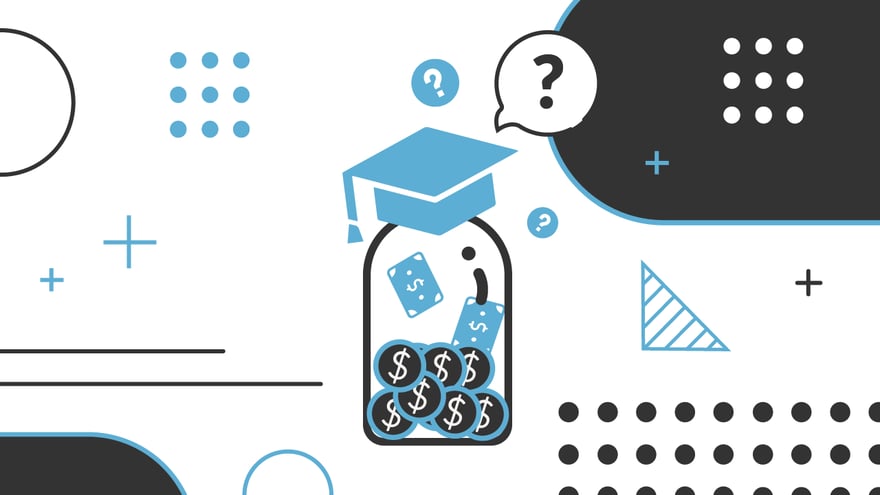
If you took out student loans to pay for graduate school, you might be wondering whether refinancing is a smart move. Refinancing is the process of getting a new private loan to replace your existing loan.
With interest rates fluctuating (but on the downtrend) and monthly payments adding up, many borrowers look at refinancing as a way to lower their costs and simplify repayment. But when does it make sense, and what should you watch out for?
Here’s what to know about refinancing graduate school loans.
How Does Refinancing A Student Loan Work?
Refinancing a graduate school loan means taking out a new private loan to pay off one or more existing loans. The goal is usually to get a lower interest rate, reduce the monthly payment, or consolidate multiple loans into one.
For borrowers with strong credit and stable income, refinancing can potentially lead to savings via a lower interest rate or shorter loan repayment period.
However, those with federal student loans should be cautious—refinancing with a private lender means losing benefits such as income-driven repayment plans, forbearance, and Public Service Loan Forgiveness (PSLF).
When Student Loan Refinancing Might Make Sense
Lower Interest Rates Are Available: If your current interest rate is higher than what private lenders are offering, refinancing can reduce the amount of interest you’ll pay over time. This is especially helpful if you have Grad PLUS loans, which typically carry higher rates.
You Need to Lower Your Monthly Payment: Refinancing allows you to extend the repayment term, which can lower your monthly payment. However, this also means paying more in interest over time.
You Want to Consolidate Multiple Loans: If you’re juggling several student loan payments each month, refinancing can help simplify repayment by combining them into one loan with a single monthly payment.
What To Watch Out For
Refinancing isn’t one-size-fits-all. To get the best deal, consider these factors:
Interest Rates: Compare both fixed and variable rates. Fixed rates provide consistency, while variable rates may start low but can increase.
Loan Terms: Shorter repayment terms lead to higher monthly payments but less interest paid overall. Longer terms reduce payments but increase interest costs.
Fees and Penalties: Some lenders charge origination fees or prepayment penalties, which can add to the total cost.
Lender Reputation: Research customer reviews, lender policies, and available benefits, such as deferment options.
What To Avoid If Refinancing A Graduate School Loan
Here’s some important things to make sure you’re aware of:
- Giving Up Federal Loan Benefits Without a Backup Plan: If you rely on income-driven repayment, PSLF, or deferment options, refinancing is not the best choice.
- Refinancing with a High Interest Rate: Not all borrowers qualify for lower rates. If your credit isn’t strong, refinancing could leave you paying more over time.
- Extending Your Loan Term Unnecessarily: Lower payments may be tempting, but a longer repayment period means paying more interest in the long run.
